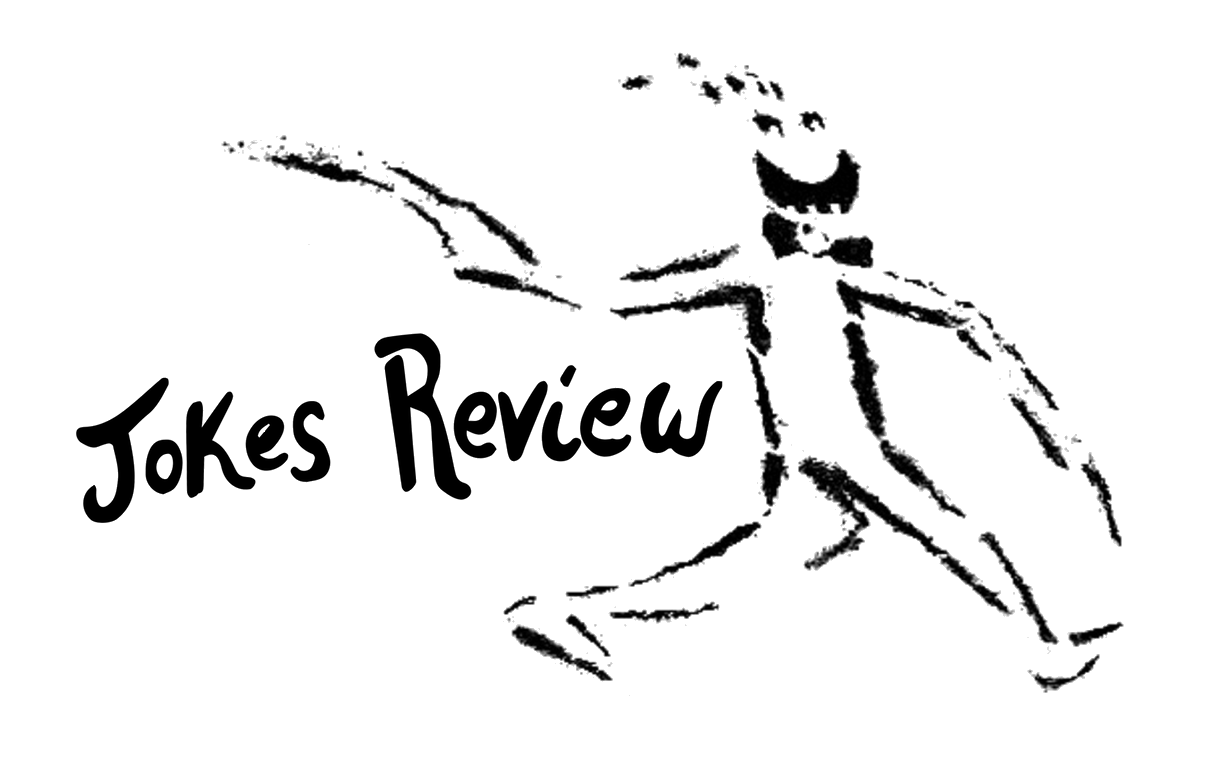by Lane Chasek
While reading submissions for Jokes Review’s upcoming manifesto issue, we’ve put a lot of thought into the question: what exactly is a manifesto? Technically, a manifesto is “a public declaration of intentions, opinions, objectives, or motives, as one issued by a government, sovereign, or organization.” But this definition doesn’t speak to the essence of the manifesto as a literary genre.
Sometimes literary works that might be considered manifestos are overt manifestos, while other times they’re more subtle. In either case, there is a distinct ethos of the manifesto genre, which I believe is two-pronged. These prongs are voice and nakedness of expression, discussed separately below.
Voice
The voice of a manifesto should be slightly manic and rushed. Some of my favorite literary manifestos, such as Frank O’Hara’s “Personism” and Kenneth Goldsmith’s “I Look to Theory Only When I Realize That Somebody Has Dedicated Their Entire Life to a Question I Have Only Fleetingly Considered,” are written in a type of voice which is neither conversational nor formal. These aren’t the voices of close friends or professors—they’re more the kind of voice you’d encounter from someone rapidly scrawling something on a taxi ride (which, in Frank O’Hara’s case, was how he actually wrote “Personism”).
A sense of urgency is great, but something I look for is the sense that a piece of literature was written while waiting for the bus or in the back seat of your ex’s SUV. Works such as The Communist Manifesto, while undoubtedly manifestos, have too much academic polish to truly capture the imagination. They read as if they were written at desks or in a personal study. When I think of strong voice, I usually have in mind literary or artistic manifestos, though killer manifestos will often possess this voice as well. This quality is rarer in political manifestos, though I’ve found some fliers for militias and anarchist groups throughout Nebraska and Kansas that display this quality in spades.
Nakedness of Expression
This aspect of the manifesto style is harder to describe and may seem closely related to voice, but I believe it’s unique. Whereas voice is a matter of style, nakedness of expression has more to do with content.
Nakedness of expression means that the writer of a manifesto will write what comes to their mind. Examples include Hugo Ball, in his Dada Manifesto, writing such passages as “Dada Tzara, dada Huelsenbeck, dada m'dada, dada m'dada dada mhm, dada dera dada, dada Hue, dada Tza.”
A more recent, controversial example comes from Christopher Dorner’s manifesto. This manifesto falls into the genre of manifesto most lay readers are aware of (i.e., the killer manifesto), and Dorner hits the common features of the classic killer manifesto, such as the author detailing what they perceive as society’s greatest injustices, their own experiences with these injustices, as well as their declaration of what they will do to address these injustices.
Toward the end of Dorner’s manifesto, he addresses various public figures and celebrities, ranging from Todd Philips to Hillary Clinton. But in the middle of these addresses, the reader encounters what may be the most human sentence ever written in the English language: “Damn, [I’m] gonna miss shark week.” This manifesto wasn’t planned—it’s an expression of a naked mind, and the erratic introduction of new ideas and concepts in Dorner’s writing reflects this.
Lane Chasek (@LChasek) is the author of the nonfiction book Hugo Ball and the Fate of the Universe, the poetry/prose collection A Cat is not a Dog, and two forthcoming chapbooks, Dad During Deer Season and this is why I can't have nice things. Lane's current pride and joy is an essay he published in Hobart about Lola Bunny and the latest Space Jam movie.

